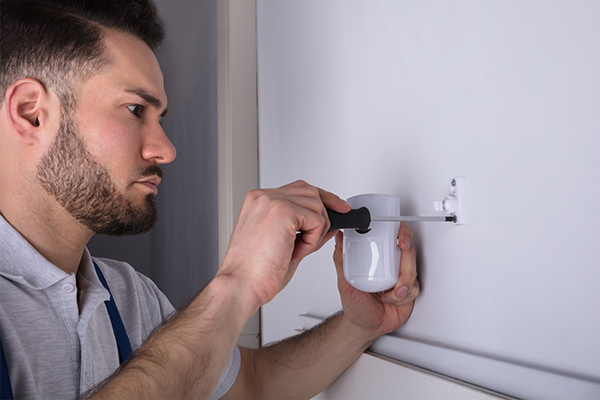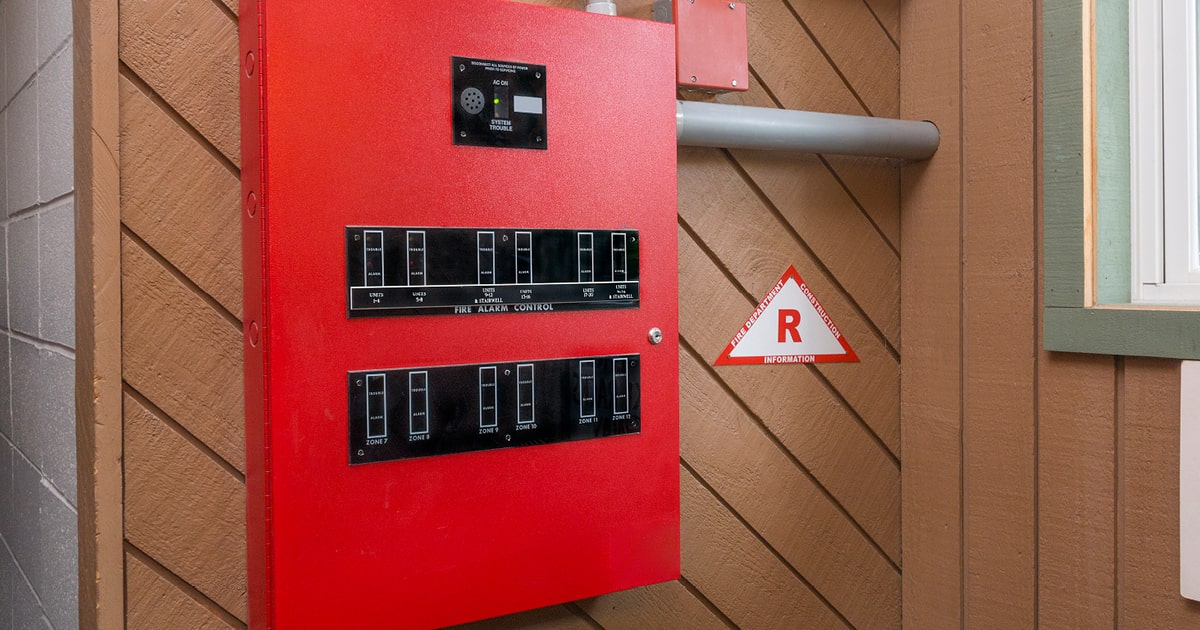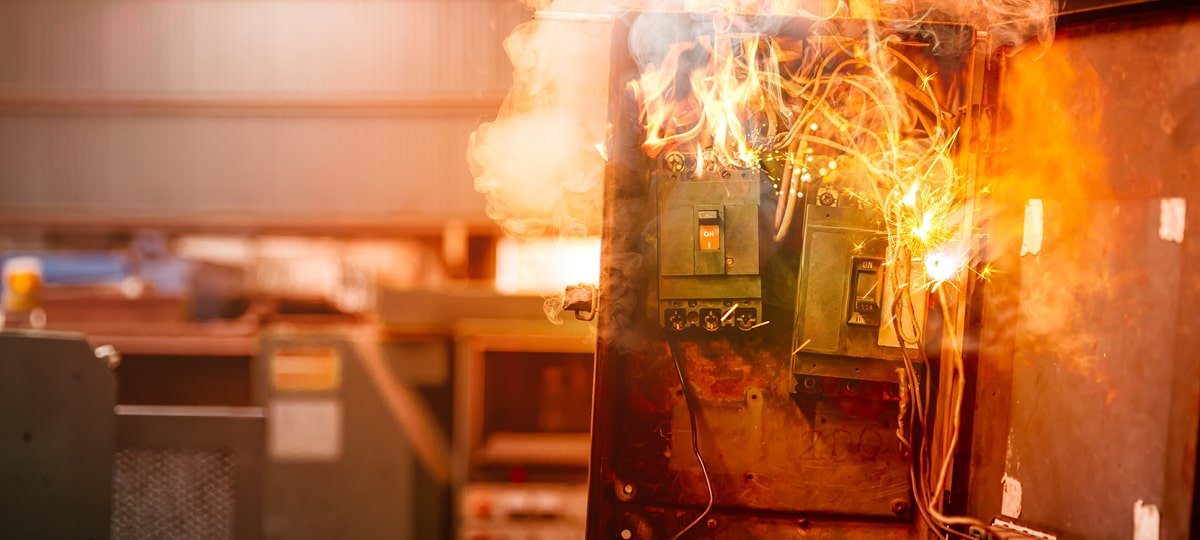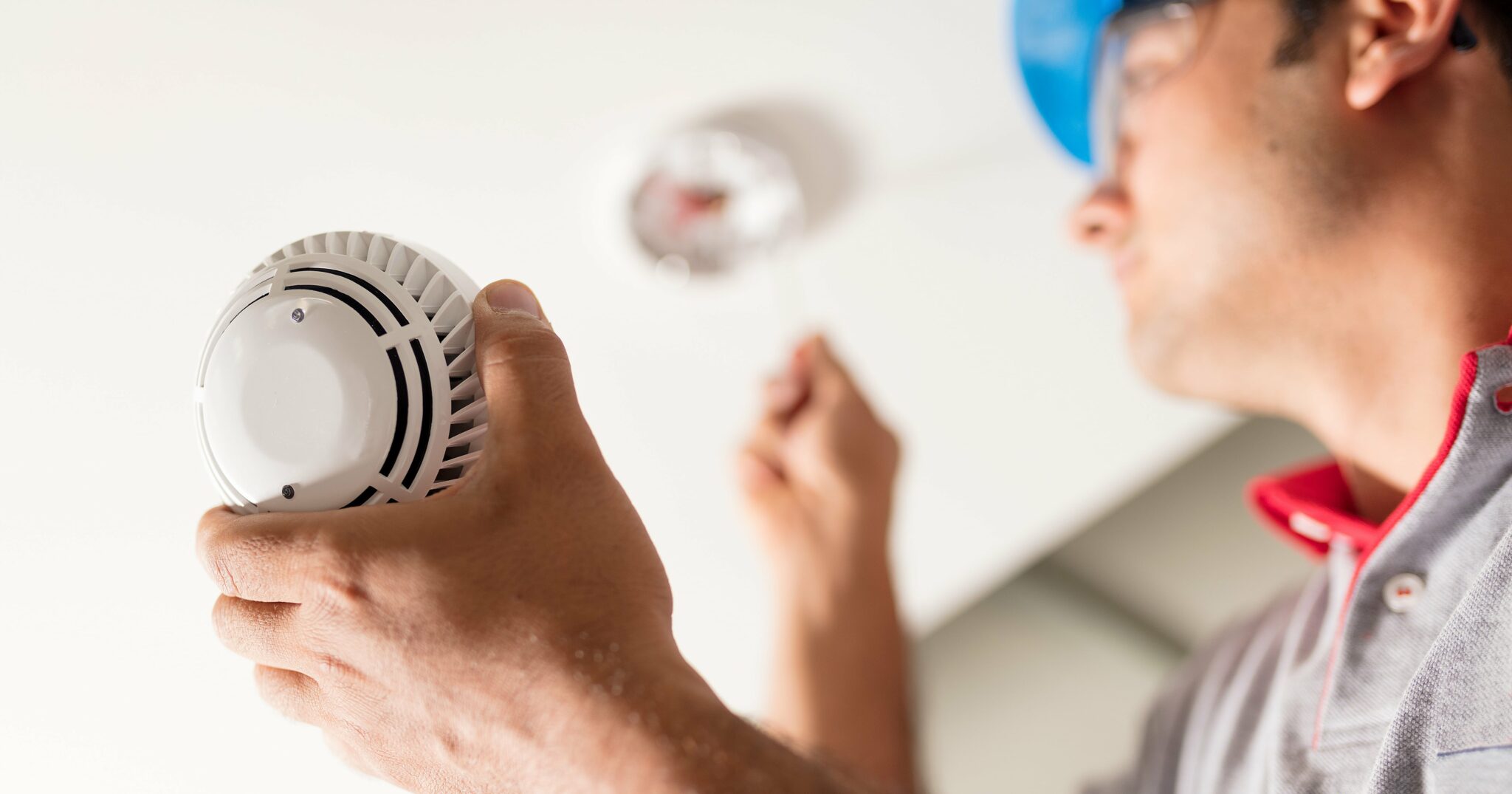Where Should Window and Motion Sensors be Placed?
Motion and window sensors are basic parts of a security system in both residential and business applications.
The expert security team at FSS Technologies has helped thousands of business and property owners stay safe with these tools.
Sensors
A motion sensor allows a system to detect movement, using waves or light to determine if someone or something is in your space. Similarly, a window sensor is used to detect when a window is opened. Together, these can become your eyes when you’re not around.
Benefits of Sensors
Sensors provide multi-functional solutions and added flexibility within your business or home automation.
- Save energy by adding motion detectors that can automatically turn lights on or off based on whether there are people in the room. Many businesses are employing this method to mitigate excess electricity usage as utility costs increase.
- Motion and window sensors can detect movement and changes to an environment in times when you are not available to monitor them closely.
- Reduce required video or digital storage space by creating an automation that begins your security camera recording when motion is detected, such as near doors or in main areas.
Where to Place Motion Sensors
When planning the placement of your motion sensors, consider high-traffic areas that would be hard to avoid. This can include an entryway or primary hallway depending on the set up of your building. Motion detectors should be installed high on walls, around six to eight feet from the ground, to allow them to have a good vantage point. With these recommendations in mind, putting one in the corner near the ceiling in a main area pointed toward your main entrance would be a great place to start.
It is important to remember that motion sensors can’t see through solid objects, so setting up a sensor behind a door or furniture can severely limit its capacity.
Infrared sensors can be triggered by heat sources, so it is important to make sure your sensors are clear of any fireplaces, heaters, and away from direct sunlight.
Some ideas on where to place motion sensors:
- Basements
- In the corner of a room
- Outdoor patios
Window Contact Sensors
A window sensor uses magnets to determine if a window or sliding door is open. Someone trying to sneak into your basement window in the middle of the night will immediately trigger this as soon as the magnet is separated. Lower windows on a first floor can seem easily accessible, especially if you forget to lock it before leaving the house. In older homes, windows may not have locks and can be simple to pry open.
The window and door sensors work with your central home security system and monitoring to trigger a sound or an alarm.
Other Types of Sensors
There is a long list of sensor types that can be used around your home or in your place of business. Flood sensors, such as the zWave water detector, can save you from thousands in water damage, and freeze sensors can protect your pipes. Sensors within your security system can be personalized to assuage your concerns.
Glass break sensors are often placed around windows or sliding glass doors and will detect the noise created by breaking glass. These resolve the concern of property owners who have window contact sensors but worry about someone simply breaking the glass and not triggering the sensor.
Installing Sensors
Getting started with motion and window sensors is easy, especially when you are working with the friendly professionals at FSS Technologies. Give us a call or send us a message to learn more on how to better protect your home or business from unwanted intrusion.











